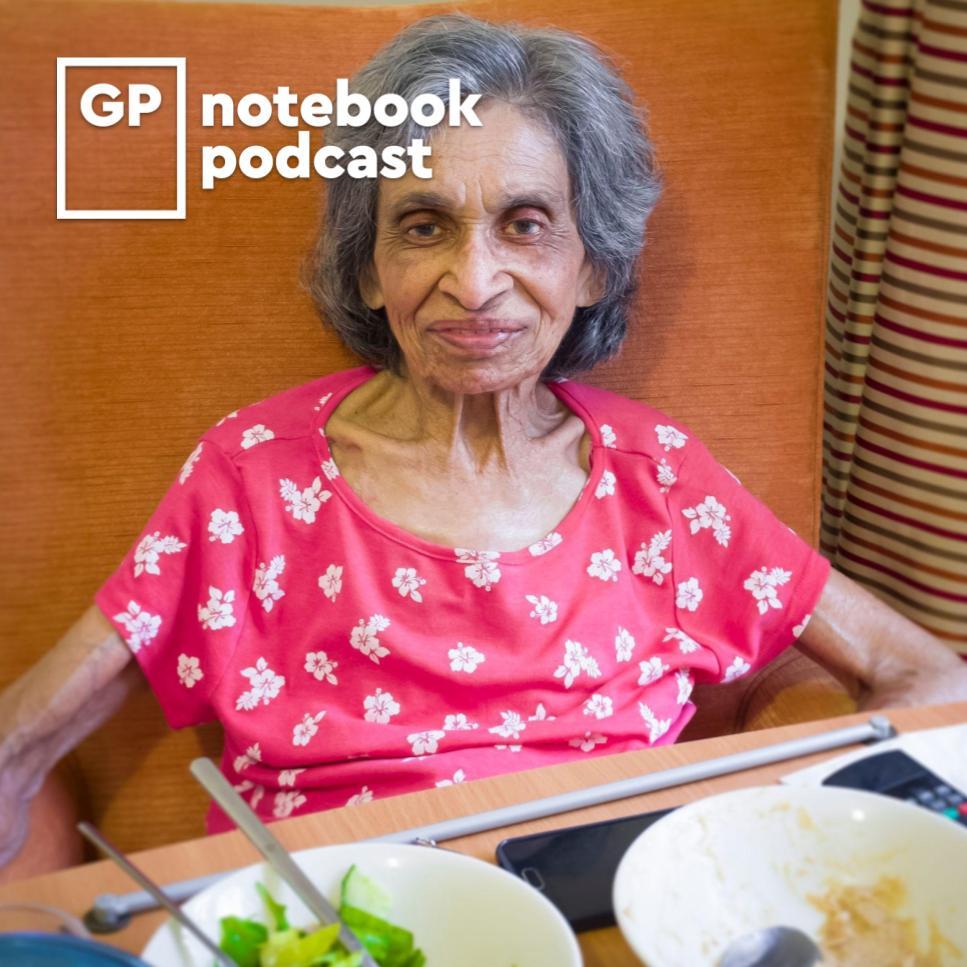Ep 57 – Malnutrition in people with chronic obstructive pulmonary disease

00:00
00:00
Posted 5 Oct 2022
Malnutrition can have significant adverse effects for patients with chronic obstructive pulmonary disease (COPD). In this podcast, Dr Kate Chesterman discusses how to identify and categorise those at risk of malnutrition. She also discusses how to treat malnutrition, including the appropriate use of oral nutritional supplements (ONS).
Key references:
- Malnutrition Pathway. Managing malnutrition in COPD. 2nd Edition. 2020.
- Malnutrition Pathway. Managing adult malnutrition in the community. (Includes links to the MUST [Malnutrition Universal Screening Tool] pathway and the pathway for using ONS.)
- Blackpool Teaching Hospitals NHS Foundation Trust. Eating well and chronic obstructive pulmonary disease.
- NHS Patient Webinars. Nutrition advice and dealing with a poor appetite.
- NICE. Nutrition support for adults: oral nutrition support, enteral tube feeding and parenteral nutrition. CG32. 2017.
- NICE. Chronic obstructive pulmonary disease in over 16s: diagnosis and management. NG115. 2019.
Resources for patients:
- Blackpool Teaching Hospitals NHS Foundation Trust. Poor appetite – food first and homemade nourishing drinks.
- NHS Patient Webinars. Nutrition advice and dealing with a poor appetite.
- Malnutrition Pathway. Protein. Why it is important and where to find it.
- Malnutrition Pathway. Eating well for your lungs. Green leaflet.
- Malnutrition Pathway. Improving your nutrition in COPD. Yellow leaflet.
- Malnutrition Pathway. Nutrition support in COPD. Red leaflet.
- British Dietetic Association. Food fact sheet. Malnutrition.
- British Association for Parenteral and Enteral Nutrition. Self-screening tool.
Key take-home points:
- Malnutrition in COPD can arise because of increased energy requirements, the effects of prescribed medication, a lack of appetite, associated anxiety or depression or physical difficulties in obtaining or preparing meals.
- Malnutrition in COPD can result in reduced muscle function and strength, difficulty carrying out normal activities, reduced immunity, more frequent and longer hospital admissions and increased mortality.
- We need to screen for malnutrition at first clinical contact where is a change in the patient’s physical, mental, or social health and on at least an annual basis.
- Screening should be done with a validated screening tool such as the MUST.
- All patients should be given appropriate dietary advice and provided with patient information leaflets (see "Resources for patients").
- Patients with COPD and a BMI <20 kg/m2 or a MUST score of ≥2 should be offered ONS.
- The ONS pathway suggests prescribing two supplements per day for up to 12 weeks and reviewing after 3 months.
- For patients with shortness of breath or poor appetite, a high protein, high energy but low volume supplement may improve adherence.
- If patients are not meeting their nutritional needs after 3 months of ONS, consider a referral to a dietician.
- Do not delay nutritional support in an undernourished patient while excluding other aetiologies.
Create an account to add page annotations
Add information to this page that would be handy to have on hand during a consultation, such as a web address or phone number. This information will always be displayed when you visit this page